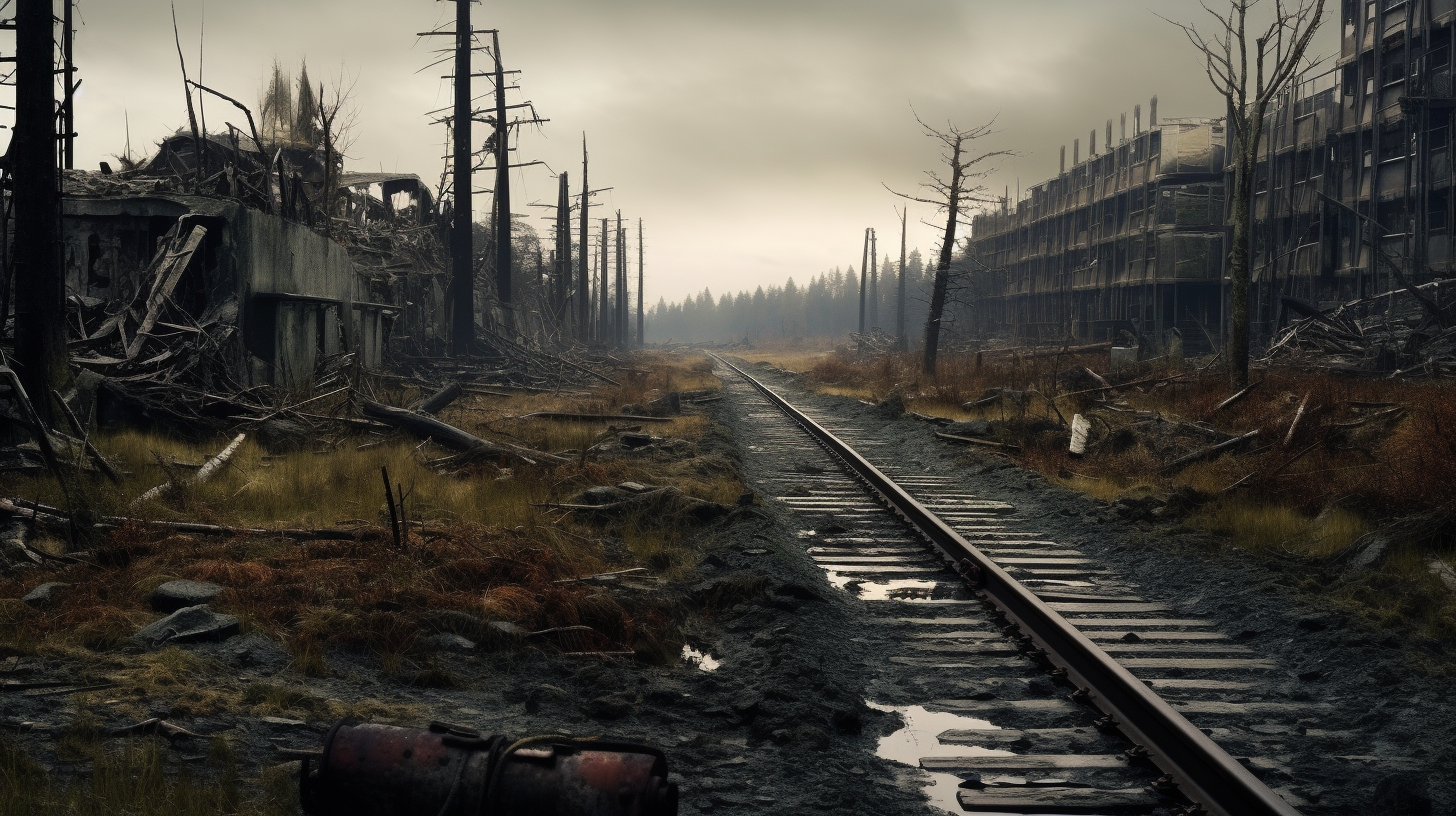In a world lurching from one environmental calamity to the next, the once-celebrated figure of the explorer has become an artifact of nostalgia, as antiquated as a map compass in the age of global positioning systems. Strikingly absent from today’s narrative are the tales of daring adventurers who once set out to discover uncharted territories or conquer insurmountable peaks. What has led to their disappearance, and what does this signify for an Earth that has borne witness to the indomitable human spirit of exploration?
As the planet reels under the desolation of desertification, the lands that once beckoned explorers with the allure of the unknown now push the limits of survival. The ‘Tsunamis of Sand’ have swallowed whole communities, and the encroaching desert waves leave little scope for the luxury of exploration. When once the call of the unknown was a siren song impossible to resist, now it is a deadly mirage promising only a desiccated demise.
Moreover, the shuttering of the skies to the science of meteorology in ‘Clouded Futures’ has obliterated the star-guided cartography of yesteryears. Without the ability to predict the weather, the idea of setting sail into the churning oceans or trekking into the capricious wilderness is no less than a fool’s errand.
Harkening back to an era unbeknownst to the youngest generation, tales of exploration seem almost ethereal, layered with the thick dust of an Earth cracking at its seams. Adventurers who once went seeking the thrill of ‘firsts’ now grapple with the reality that there may be no safe return from their quest, no new lands to lay eyes upon, as human interference has left our planet worn and weary.
Today’s ‘explorer’ must navigate a labyrinth of legal restrictions and ethical considerations, as governments limit access to areas vulnerable to human trampling and the global community leans heavily on the concept of conservation over conquest. The aim is no longer to defy nature but to tread lightly upon her, to study and maybe mend the breaks in the canvas – though optimism is scarce.
Within this unforgiving landscape, a new brand of venturer is emerging—those who brave the ruins of a decaying world, not for glory or discovery, but simply to bear witness and chronicle the slow demise of diverse ecosystems. Their exploration is one of documentation, aiming to capture the shadow of what once was and wont be again.
This disappearance of explorers as we have known them reflects a deeper transformation: the transition from a world of seemingly endless frontiers to one where humanity is hemmed in by the very consequences of its wanderlust. The bold spirit of exploration now channels itself into survivalism and memory-keeping, seeking not new horizons but ways to remain within the shrinking confines of the horizon we have left. It’s not an era devoid of courage, but rather crucible of adaptability, where ‘expedition’ starkly connotes a journey through the chaotic cloak of a nature that mankind once sought to master.
To yearn for the explorers of old is to pine for a planet that could withstand their footprints – a planet we can now only retrospectively treasure through their vanishing narratives. Our new reality is one devoid of treasure maps, where the only bounty left is the knowledge of how to subsist on what remains.
As we look to the future, the scale of our adventures must align with the humility of our position within the natural order. Where have all the explorers gone? They stand among us, watching, waiting, and whispering of an Earth that once was, whilst envisioning an endurance against all odds.
